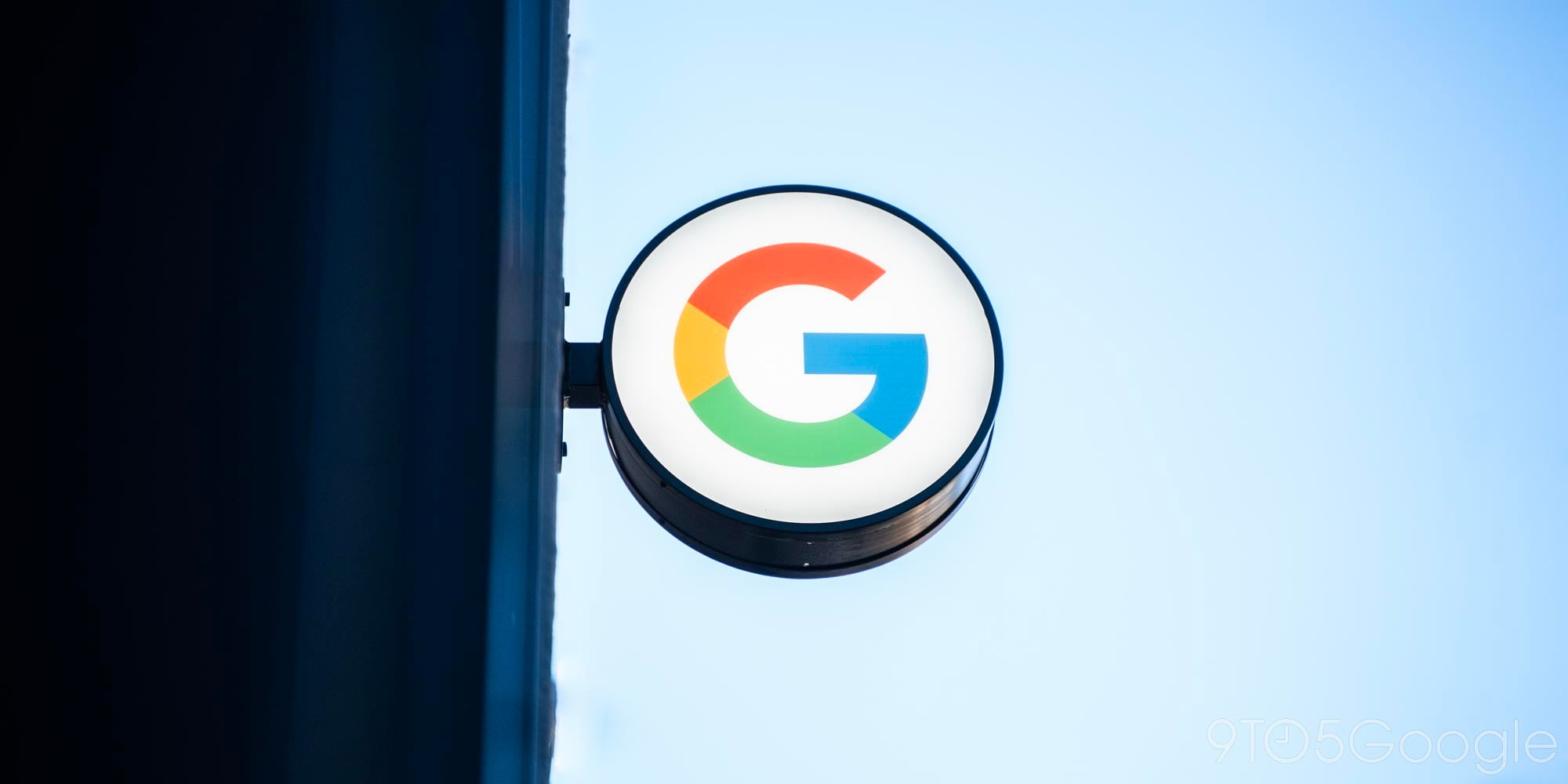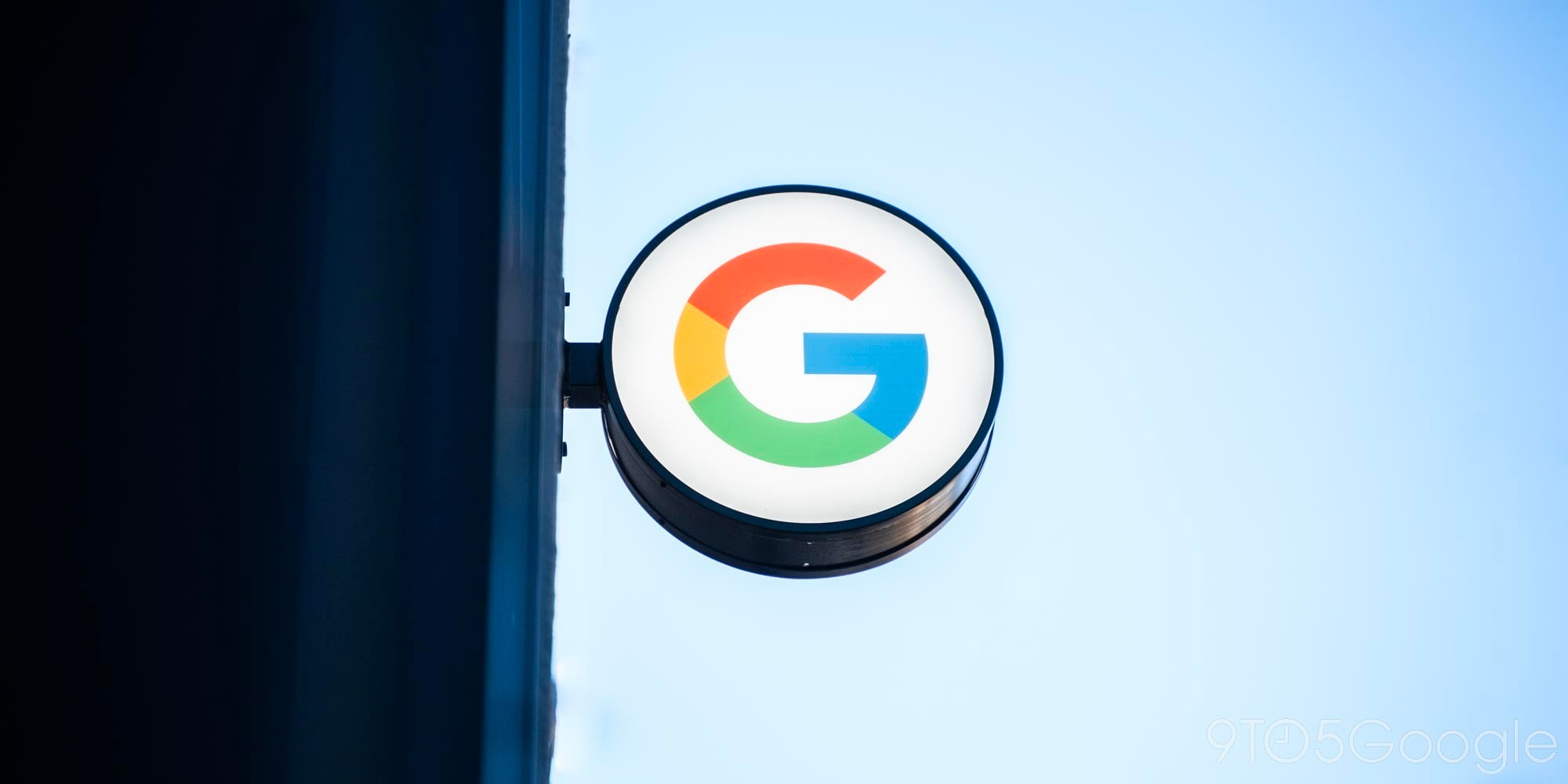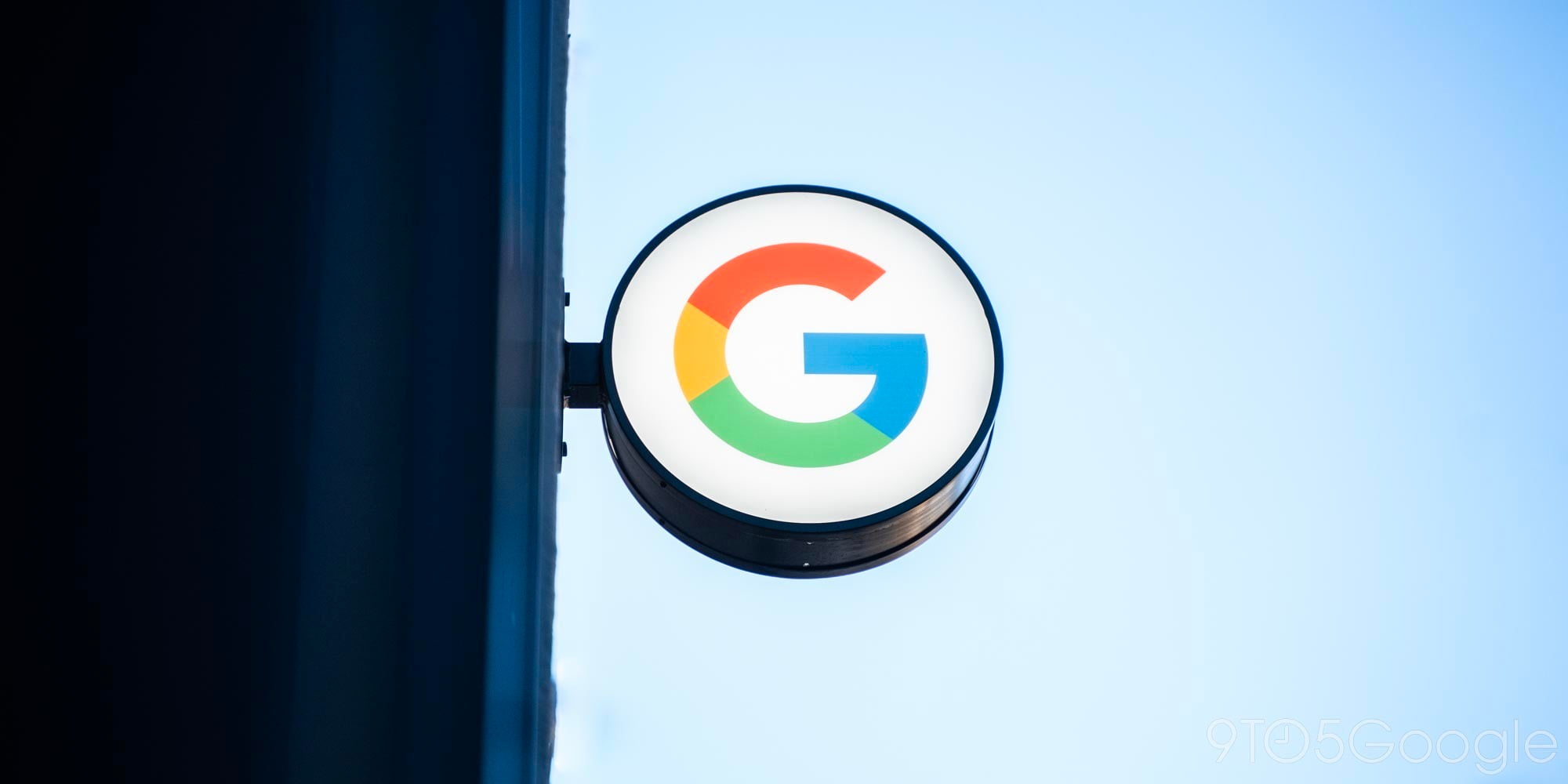Verily Life Sciences


After much confusion over the last three days, Google sister company Verily has launched its coronavirus screener and testing website. It does not have the nationwide capability — currently only covering the Bay Area — originally alluded to by US officials.

Last Sunday, Alphabet’s life sciences division launched a Baseline COVID-19 Pilot Program in California. It’s expanded to more sites since then, and Verily today released a video explaining what drive-thru COVID-19 testing participants can expect.

Following the Friday announcement of a COVID-19 website from “Google” by US officials, there was immediate confusion about the scope and scale. Alphabet company Verily today detailed its upcoming coronavirus testing website.

The United States this afternoon declared a national emergency to better respond to COVID-19. During that press conference, President Trump and officials announced that Google was building a screening website to help with increased coronavirus testing. It has since emerged that what’s actually being developed is much more limited in scope.

Even before Google’s Fitbit acquisition, Alphabet already has a health wearable with the Verily Study Watch. That clinical device has just received FDA clearance to detect irregular heart rhythms.

Next to Waymo, Verily is likely Alphabet’s most promising ‘bet’ given the burgeoning technology and healthcare field. The company today announced that it has hired ex-Tesla chief financial officer Deepak Ahuja to take on the same role.

For the past three years, Google and Verily have leveraged machine learning to screen for the two leading causes of preventable blindness in adults. In India, this algorithm is now being used in a clinical setting, while the European Union has certified it as a medical device.

For the past several years, the U.S. has experienced a public health emergency due to opioid overdoses. Verily today announced the OneFifteen nonprofit to combat the crisis by building a high-tech campus for rehabilitation that leverages data.

Verily has a number of ongoing hardware and sensor projects from the recently FDA-approved ECG Study Watch to Smart Lenses for corrective vision. A new report today reveals that the Alphabet division is working on health-tracking shoes.

Verily has a number of ongoing hardware projects from smart contact lenses to miniaturized continuous glucose monitors. Alphabet’s health division is also working on a Study Watch that was just granted ECG clearance by the FDA.


Technology has the potential to revolutionize healthcare over the coming years with Google internally spinning up a health division, while Alphabet has Verily. The latter today announced a strategic partnership with Walgreens on multiple projects to help patients with chronic conditions, and lower the cost of care.

One of Verily’s first projects was to make contact lenses that could detect glucose levels from teardrops. Less invasive than fingertip blood pricks for people living with diabetes, the Alphabet company and partner Alcon today announced that it is putting that project “on hold” due to the diabetes premise not being suitable.

In recent years, more and more startups have worked to disrupt traditional industries by leveraging technology and big data. Oscar was founded in 2012 to improve health insurance, and today it received a $375 million investment from Alphabet.

Verily’s health ambitions include both data analysis and developing hardware sensors. In addition to current projects to make a continuous glucose monitor, the Alphabet health division is now rumored to be working on devices that can non-invasively collect blood.

In 2015, President Obama announced the Precision Medicine Initiative to research individualized health care. Today, that All of Us program is officially launching and open for enrollment. With several components, Verily will be working on storing and organizing data for researchers.

Verily might be entering the health insurance market according to a new report this morning. Alphabet’s health division would not become an insurer, but rather work with existing ones and other partners to lower patient costs.

Alphabet’s health division, Verily, has a number of ongoing projects that leverage technology and data science to improve healthcare. The latest applies machine learning to retinal images to identify the risk factors of cardiovascular disease.

Back in July, a report revealed that Verily Life Sciences made an investment and built a lab for cancer detection startup Freenome at its campus. The Alphabet division has now revealed that the lab and offices are a part of the Verily Partner Space to foster collaboration with “pioneering start-ups.”

According to a new report from CNBC, Alphabet’s Life Sciences arm Verily has invested in a cancer detection startup called Freenome. It’s unclear just how much Verily put into the company, but its latest round totaled around $65 million.

Verily Life Sciences is set to release 20 million modified mosquitos in Fresno, California throughout the summer. Aimed at reducing the global impact of the disease-carrying insect, this is the Alphabet company’s first U.S. field study.

As part of its broader research into life sciences, Verily is tackling mental health by using technology to allow for earlier diagnosis and intervention. However, the Alphabet division has lost a major hire, with Dr. Thomas Insel departing.


Following last week’s announcement of the Study Watch, Verily is starting its four-year study to quantify good health with biometric data. In better understanding health, Baseline hopes to ultimately prevent diseases, as the Alphabet division continues work on other health gadgets.


For the past two years, Verily — previously known as Google Life Sciences — has been working on a wearable that records vast amounts of health data. The Alphabet company is now showing off the rather sleek Verily Study Watch for the first time.